Research
Welcome to WELL Labs’ knowledge repository. As a futures institute enabling research-based solutions and impact, we prioritise making our insights accessible to social innovators, researchers, allied communities and the layperson.
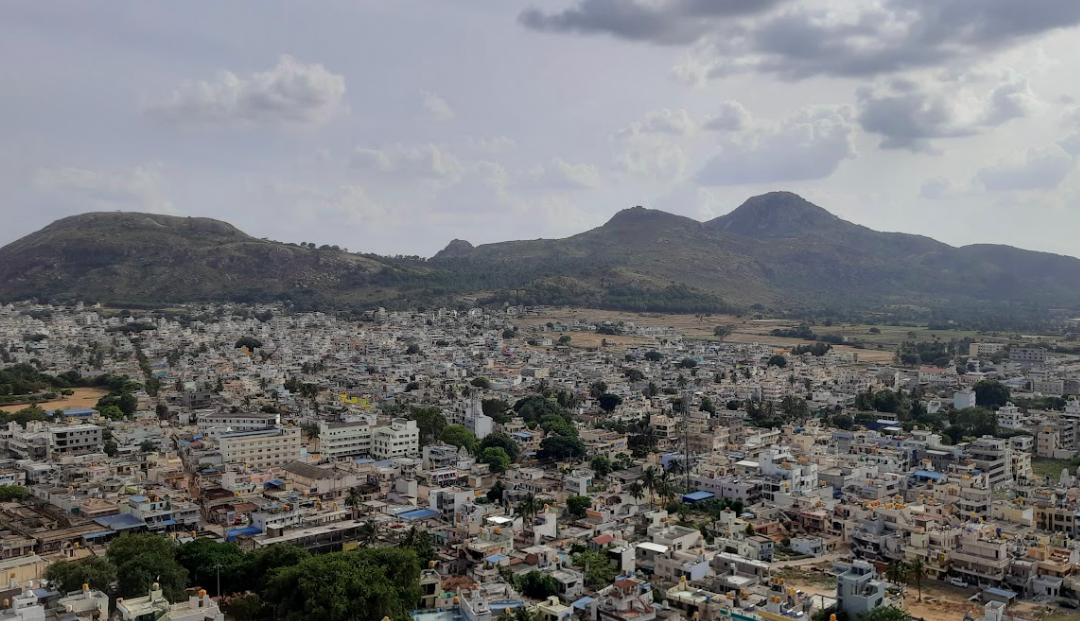
Mapping Water in a Small Town: Insights from Chintamani, Karnataka
We partnered with TIDE and BORDA to conduct an urban water balance exercise for the town of Chintamani in southern Karnataka. Through field surveys and hydrological modelling, we narrowed down on key problem areas and identified possible solutions that will help the town leapfrog to more sustainable water management.
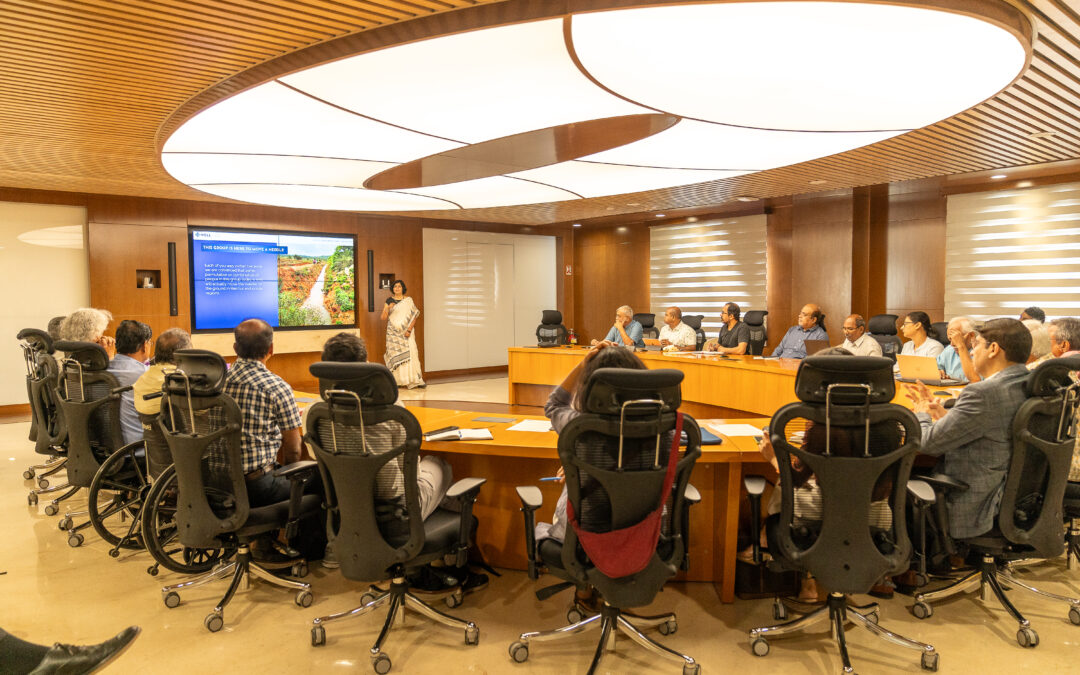
Raichur Roundtable: Equitable Water-Sharing for Sustainable Transitions in Agriculture
Along with the India Climate Collaborative, we convened a roundtable to bring together key stakeholders to discuss the future of water for transformation of agricultural landscapes.
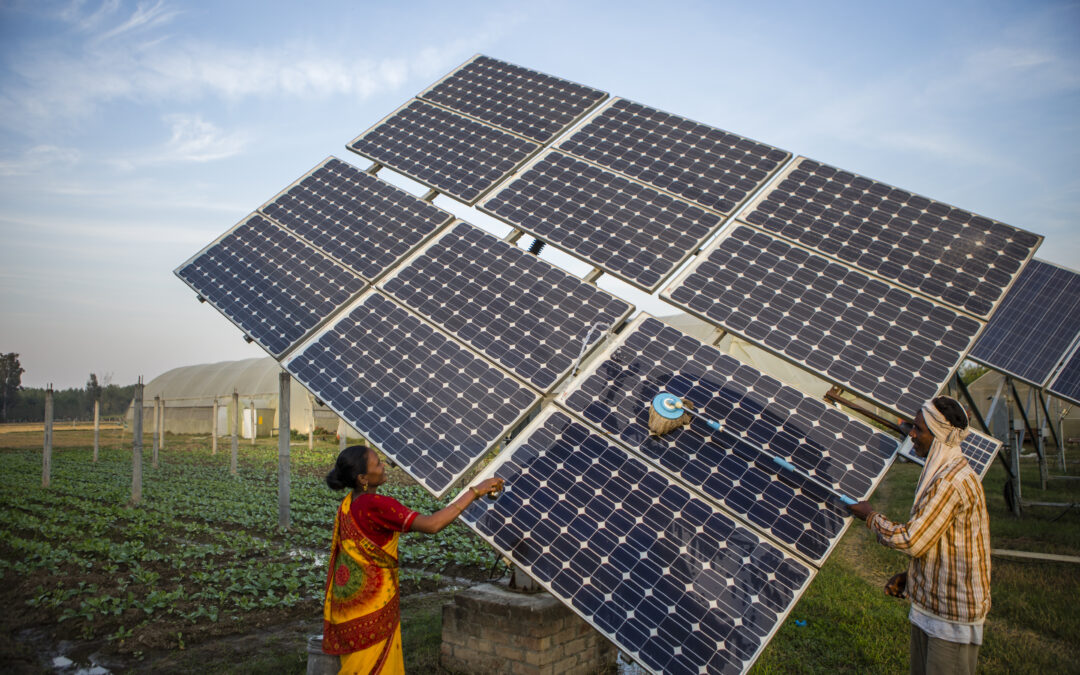
Farmer Responses to Solar Irrigation in India: Agent-Based Modelling to Understand Sustainable Transitions
We applied an agent-based modeling (ABM) approach to understand farmer choices and transitions before and after solar irrigation in six districts
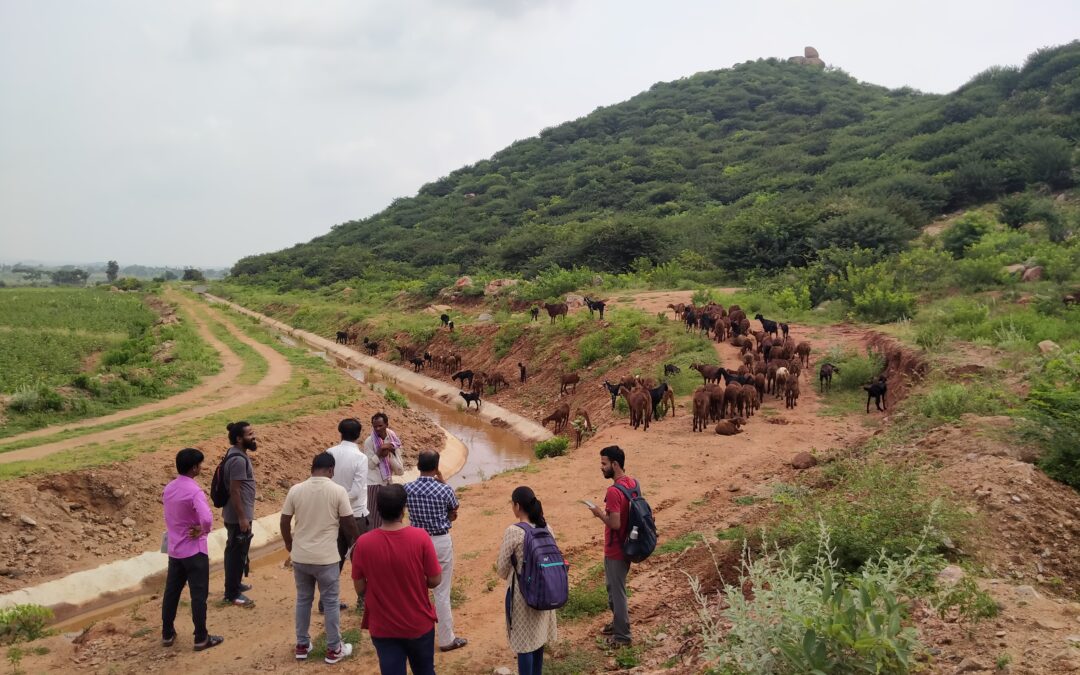
The Relevance Of Rural Aspirations To Sustainable Transitions: A Ground-Up Study
We carried out a rural livelihoods aspirations study in three villages in Raichur to ensure that restoration work in the region is people-centric and demand-based.
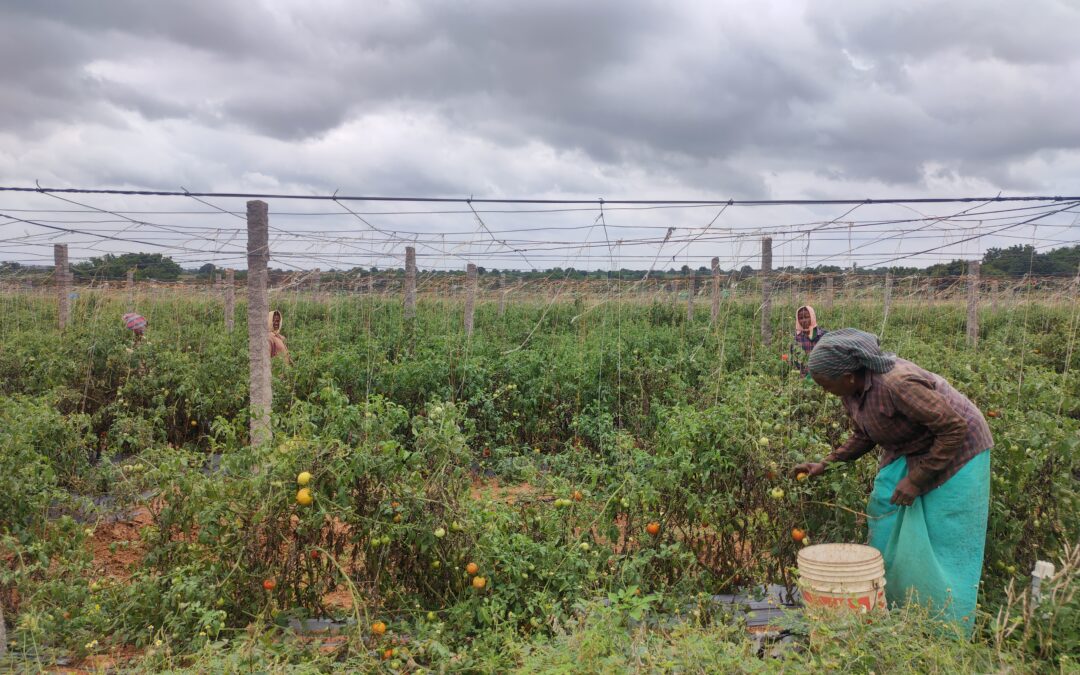
Diversifying Income Sources to Incentivise Smallholder Farmers
For crop diversification practices to be adopted at scale, it needs to be perceived as financially remunerative to smallholder farmers. We suggest a multifaceted approach, integrating off-farm value addition and on-farm income diversification activities.
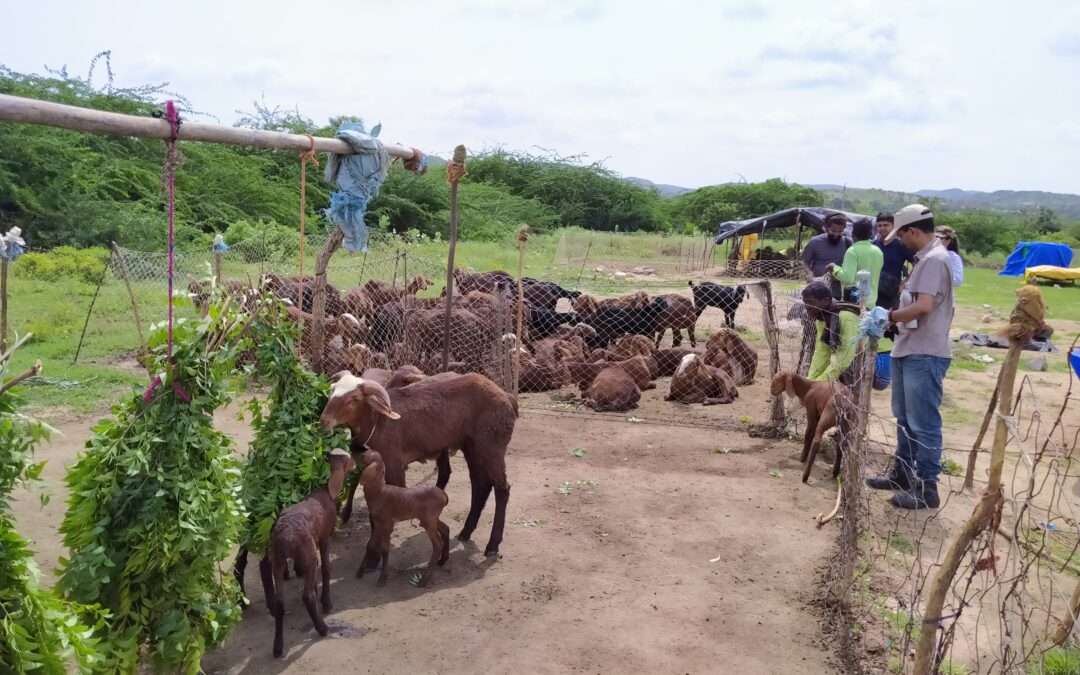
Envisioning an Equitable Transition to Regenerative Agriculture Using a ‘Ladder’ Approach
In this research brief, we establish the economic rationale for a sustainable transition using a transition pathways approach.
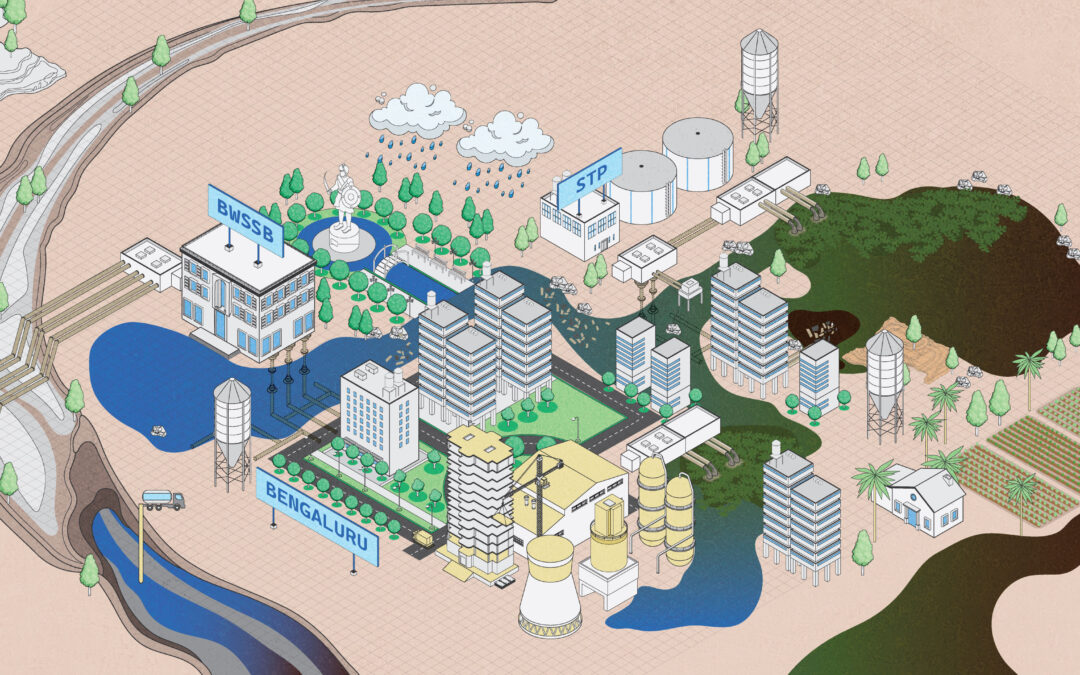
How Water Flows Through Bengaluru: Urban Water Balance Report
WELL Labs has prepared a comprehensive view of Bengaluru’s water system, enabling better water security planning.
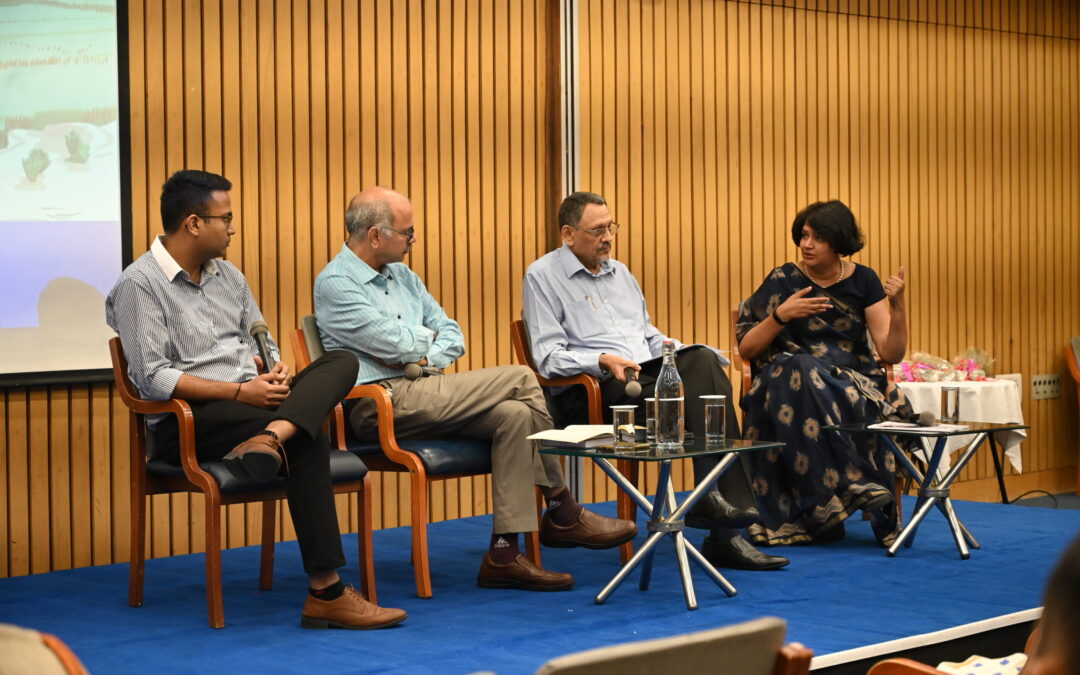
WELL Labs Launch Event Proceedings: Research and Innovation for an Uncertain Future
Water, Environment, Land and Livelihoods (WELL) Labs was formally launched on July 26, 2023, at the India International Centre in New Delhi. This document summarises the keynote lecture and the panel discussion on what it will take to deliver a future for rural India that is both ecologically secure and economically vibrant.
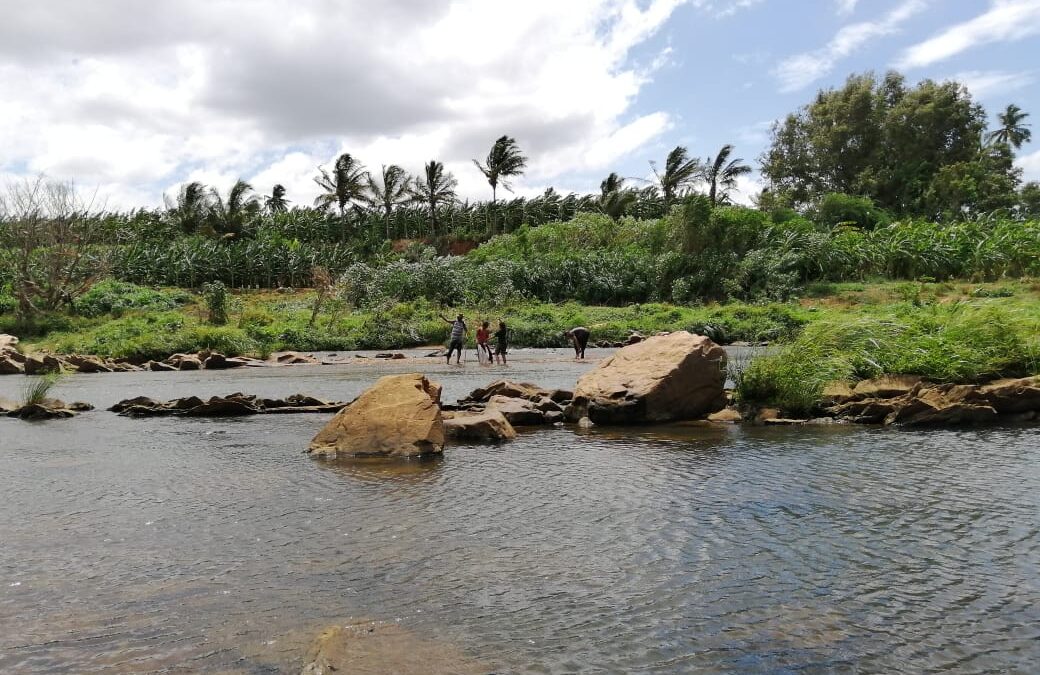
Challenges and Opportunities for Catalysing Corporate Water Stewardship in India’s River Basins
Given the push for investments in the water sustainability space, businesses need to be better informed about where the big problems lie so that projects can be properly planned and executed. But there’s a data gap. Our comprehensive study of three important river basins — Cauvery, Ganga and Krishna — aims to address this gap.
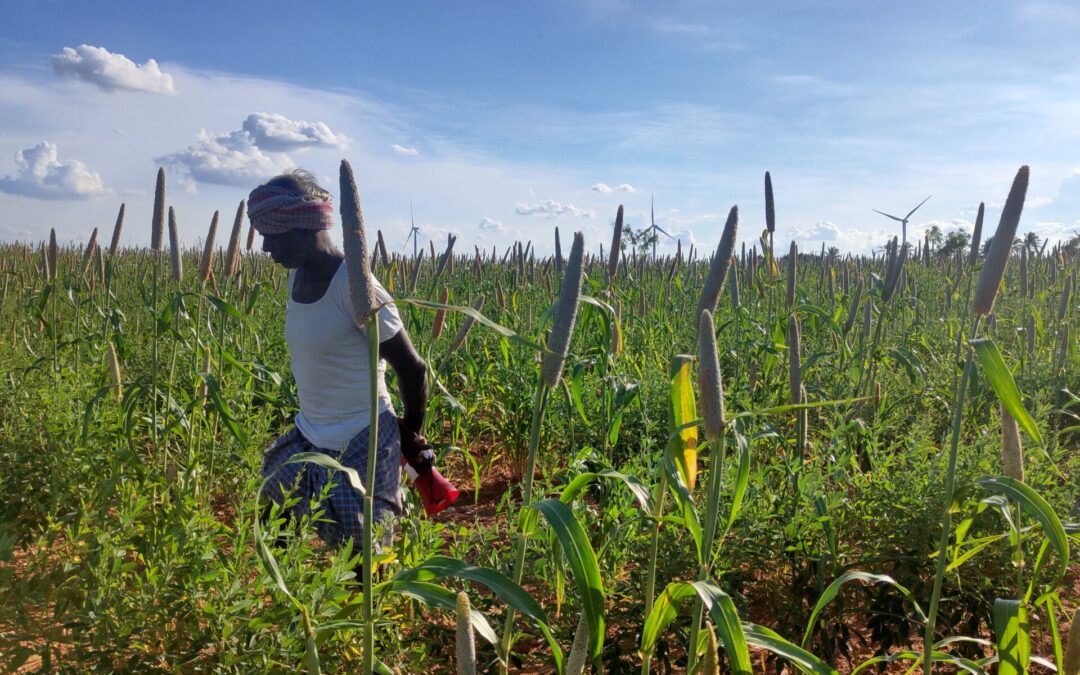
Landscape Review: Innovation Gaps in India’s Agritech Startup Ecosystem
Through this landscape review, we take a closer look at agritech startups to identify how to secure the livelihoods of farmers while simultaneously addressing environmental concerns
